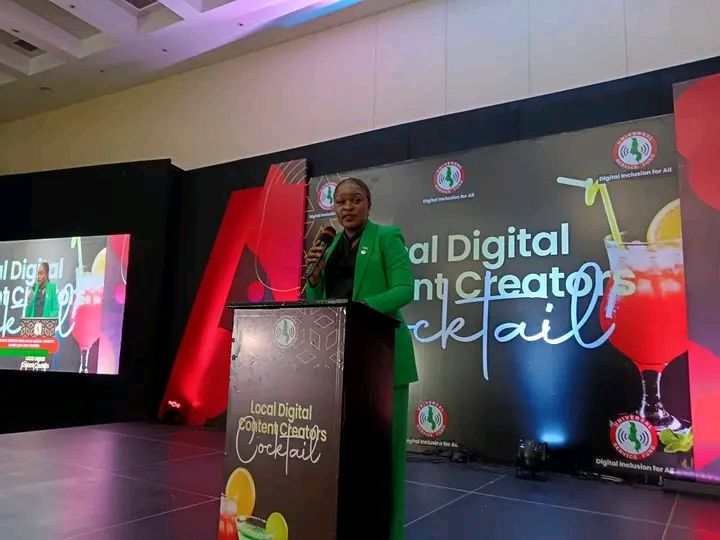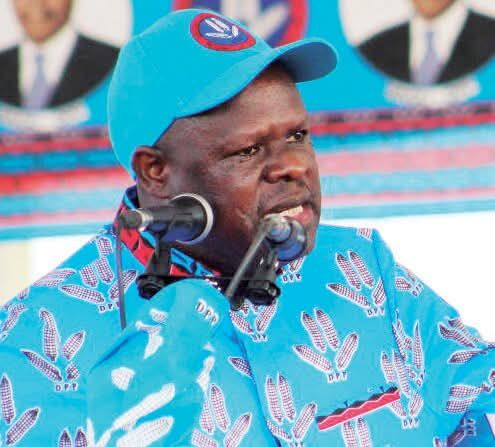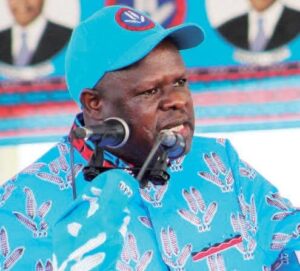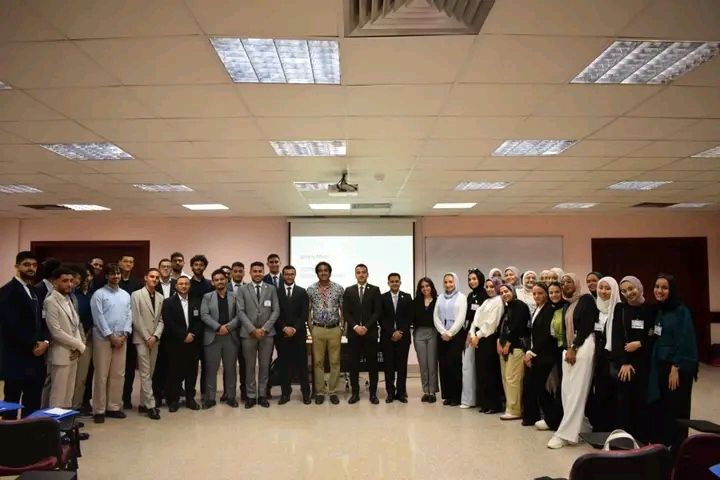By Jones Gadama
Minister of Tourism, Vera Kamtukule, has emphasized the importance of local content in Malawi’s development, urging every Malawian to take responsibility for growing and showcasing their unique stories to the world.
Speaking at the USF Local Digital Content Creators Showcase and Celebration Cocktail in Lilongwe, Kamtukule highlighted the country’s lack of storytellers in local languages, but expressed delight in the emerging breed of local content creators.
Kamtukule encouraged the youth to leverage the current affordable data rates in Malawi to produce meaningful content that can captivate Africa and put Malawi on the global map.
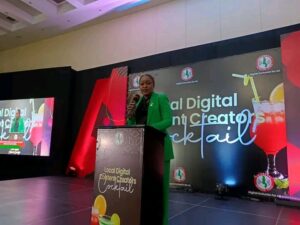
Her call to action underscores the government’s commitment to harnessing the creative industry for national development.
The Minister’s sentiments were echoed during the event, where five new content creators were awarded grants in the Phase 3 of the Fund, further solidifying the government’s support for local talent.
As a seasoned author, activist, and politician, Kamtukule brings a wealth of experience to her role as Minister of Tourism. Her vision for Malawi’s tourism sector is centered on promoting local content and empowering the youth to drive the industry’s growth.
By showcasing Malawi’s unique stories and culture, the Minister believes that the country can attract tourists and investors, ultimately contributing to the nation’s economic development.
The USF Local Digital Content Creators Showcase and Celebration Cocktail event demonstrates the government’s commitment to empowering the youth and promoting local content.
By providing grants to emerging content creators, the government is investing in the next generation of storytellers and innovators who will shape Malawi’s creative industry.
As Kamtukule noted, this initiative will help Malawi go global and showcase its rich cultural heritage to the world.
Minister Vera Kamtukule’s call to action serves as a reminder of the importance of local content in Malawi’s development.
By harnessing the creativity and talent of its citizens, Malawi can promote its unique stories and culture, driving tourism and economic growth.
As the country continues to invest in its creative industry, it is likely to reap significant benefits in the years to come.


